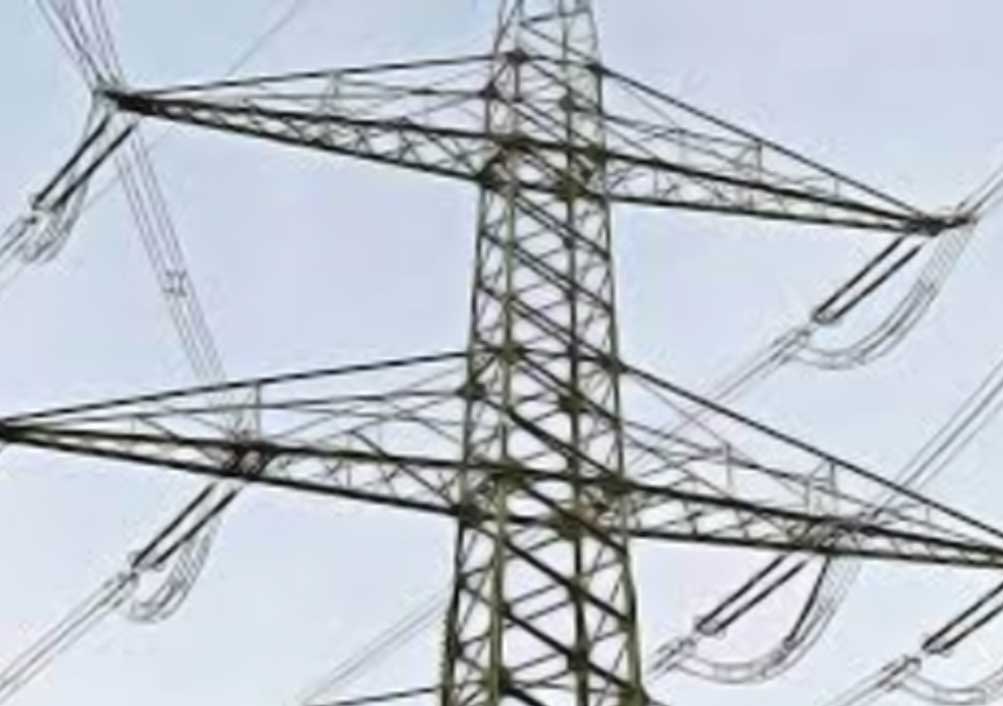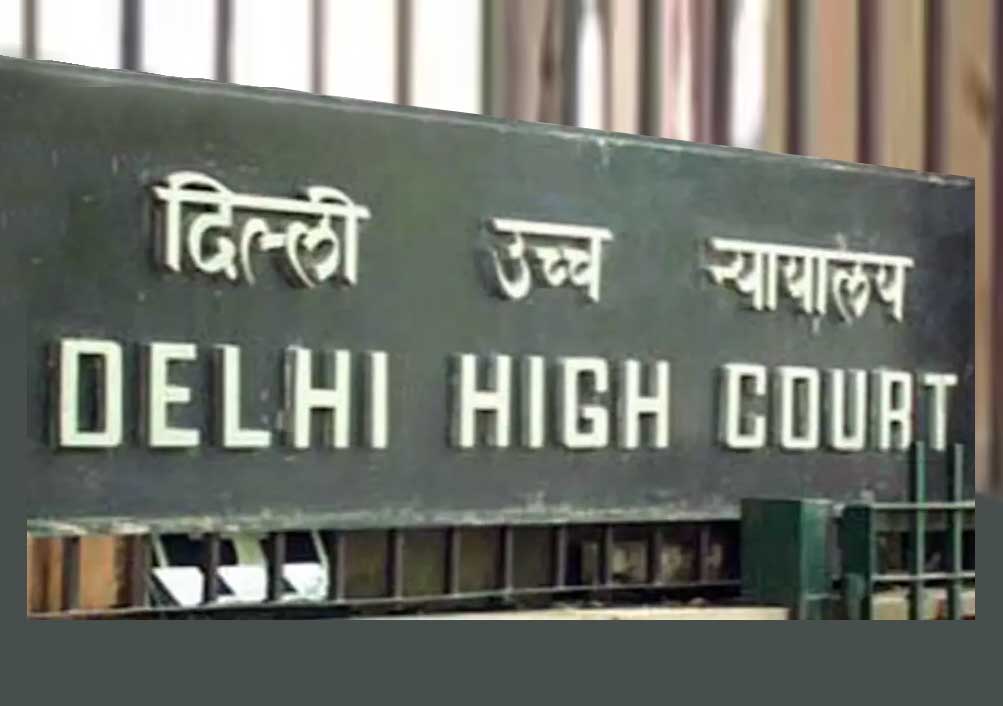Direction given by MERC to power generating companies to pay LPS needs no interference in exercise of powers u/s 125 of Electricity Act: SC

Read Judgment: Maharashtra State Electricity Distribution Company Limited vs. Maharashtra Electricity Regulatory Commission & Ors
Pankaj Bajpai
New Delhi, October 13, 2021: The Supreme Court has recently ruled that a direction given by the Maharashtra Electricity Regulatory Commission (MERC) cannot be interfered with, in exercise of powers u/s 125 of the Electricity Act, 2003 which corresponds to the power of Second Appeal u/s 100 of the CPC, since the sine qua non for entertaining an appeal is the existence of a substantial question of law.
A Division Bench of Justice Indira Banerjee and Justice V. Ramasubramanian therefore observed that MERC acted within the scope of its power of regulatory supervision in directing the Maharashtra State Electricity Distribution Company Ltd. (appellant) to make payment of Late Payment Surcharge (LPS) within the time stipulated in the order of MERC, which was rightly upheld by the Appellate Tribunal for Electricity (APTEL).
It is well settled by various decisions of this Court that an Electricity Regulatory Commission such as MERC constituted under the Electricity Act, has all the trappings of a Court and the MERC is a substitute for a Civil Court in respect of all disputes between licensees and Power Generating Companies, added the Bench.
The observation came pursuant to an Appeal challenging the judgment passed by the APTEL, affirming an order passed by the MERC, whereby MERC rejected the contention of the appellant that introduction by Reserve Bank of India (RBI) of the Base Rate system and the Marginal Cost of Funds Based Lending Rate system constituted a change in law, within the meaning of the expression ‘Change in Law’ as defined in the respective Power Purchase Agreements between the appellant and the respondent – Power Generating Companies, so as to alter the rate of Late Payment Surcharge (LPS) payable by the appellant to the Power Generating Companies under the respective Power Purchase Agreements.
The Apex Court noted that the stereotype Power Purchase Agreements containing identical terms and conditions are executed by the appellant with different Power Generating Companies.
“It is patently obvious that the Power Generating Companies only agree to terms and conditions of an agreement prepared by the Appellant. It is difficult to accept that the Appellant should incorporate in their stereotype Power Purchase Agreements, a provision for payment of LPS at a rate 2% higher than the SBAR, in case of late payment of invoices/bills, without any pre estimation of the loss likely to be suffered by a Power Generating Company, by reason of non-payment of bills in time, more so when the Late Payment Surcharge is linked to the rate of interest in respect of specific types of loan, charged by a leading nationalized bank with the largest numbers of branches spread all over the country including rural areas”, observed the Court.
Speaking for the Bench, Justice Banerjee opined that in this second appeal u/s 125 of the Electricity Act 2003, which is only to be heard on a substantial question of law, this Court would not embark upon the exercise of making a factual enquiry into the mode and manner in which the Power Generating Companies meet their working capital requirements and interest that individual Power Generating Companies pay to their lenders.
It is axiomatic that the Power Purchase Agreements provide for computation of Late Payment Surcharge in a particular manner to avoid the time consuming exercise of assessing the losses of individual Power Generating Companies by reason of late payment of their bills, added Justice Banerjee.
The Top Court also observed that SBAR (State Bank Advance Rate) has been made the benchmark for computation of Late Payment Surcharge, irrespective of whether the Power Generating Companies are financed by the State Bank of India or any of its subsidiaries.
The LPS provision is in the nature of a caution to arrange their affairs and finances keeping the upper limit of LPS of 2% above the SBAR in view, so that the Power Generating Company desists from borrowing at an uneconomic rate of interest, clarified the Top Court.
There being no dispute in the present case with regard to the principal sums due under the monthly bills, Justice Banerjee said that the interest on delayed payment at 2% in excess of SBI PLR cannot be said to be arbitrarily high, and hence there is no reason to reduce the contractual rate of interest and thereby alter or modify the contract between the parties, in exercise of its powers under Article 142 of the Constitution of India.
“We need not go into the question whether or not the Appellant has funds to clear its interest liability. The Appellant cannot continue to get supply of electricity without having appropriate funds. Appellant would necessarily have to raise funds to clear its contractual obligations. Even assuming that the burden of interest would have to be passed on to the consumers, that cannot be the ground for the Appellant to resile from its contractual commitment to the Power Generating Companies. The Appellant cannot pass on the burden for delay in making payment to the Power Generating Companies”, observed the Apex Court.
Reliance by the Appellant, upon the tariff regulations framed by MERC for determination of tariff for Power Generating Companies under Section 62 of the Electricity Act 2003, is untenable since the Tariff Regulations have no application in this case where Power Purchase Agreements (PPAs) have been executed pursuant to a bidding process, under Section 63 of the Electricity Act, added the Court.
Sign up for our weekly newsletter to stay up to date on our product, events featured blog, special offer and all of the exciting things that take place here at Legitquest.




Add a Comment